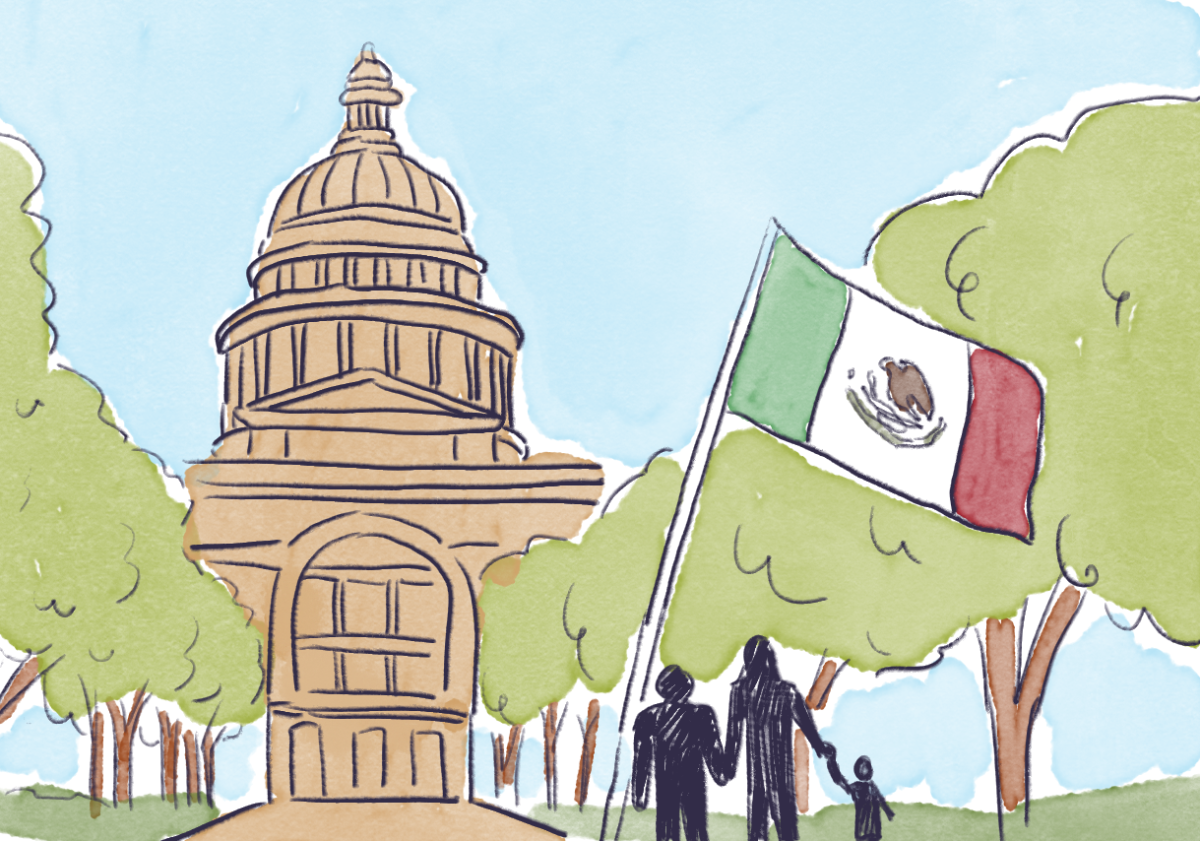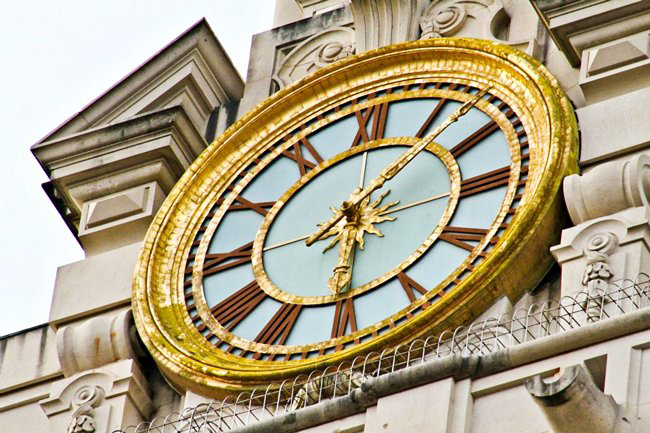The Texas Legislature convened for a special session last month to vote and debate on issues including restricting immigration in the state, with bills including House Bill 4, House Bill 6 and Senate Bill 4.
SB 4 is currently the only bill that has been approved by both legislative chambers and is on track to be signed into law by Gov. Greg Abbott. Both House bills have been approved by the House and will go to the Senate during the next special session starting on Tuesday.
Under SB 4, measure, there would be stricter sentences for helping individuals cross the U.S.-Mexico border. The bill would increase the minimum sentence from two years to a 10-year mandated sentence for helping immigrants cross or operate a stash house, or place that houses undocumented immigrants off the record.
“You’re playing with real-life breathing people, people who have feelings, people who have worries, people who have anxieties, people who have families, and they’re the ones who are being put on the line,” said Arely Flores, a UT Monarch Student Ambassador, a student organization promoting a community for undocumented immigrant students at UT. “That’s so inhumane, treating people like they’re rag dolls, when in reality, these are people who come to the United States for a better life … Yet they’re treated as if they were as if they were pieces on a chessboard.”
HB 4, sponsored by state Rep. David Spiller, would give Texas law enforcement the ability to arrest undocumented immigrants and require state judges to order these persons to leave the U.S. and go to Mexico in place of prosecution.
According to the bill, a first-time offender could be sentenced to up to 180 days in jail, but consequences could also increase to a felony punishable by up to two years in prison if the person has continuously entered the U.S. illegally.
Sociology professor Nestor Rodriguez said this bill would increase the amount of fear people have of police officers because of the idea of being arrested or removed from the U.S. He said deputizing police officers to act as border patrol agents will further create a dangerous reputation for them, especially among Black and brown communities.
“The border has always been an important symbol to have some sort of appearance before the public,” Rodriguez said. “Politicians (and) officials, go to the border and say if you vote for me, I’ll solve your problems and I’ll build the wall. I’ll stop the migrants. It’s hard not to think that some of these laws also have the purpose of gaining greater visibility for some officials and politicians in the public eye, as they promised to do something about border enforcement.”
HB 6, sponsored by state Rep. Jacey Jetton, would use $1.5 billion to fund Abbott’s infrastructure plan and build a barrier along the U.S.-Mexico border.
Flores, who calls Del Rio home, said she fears for the safety of those in her hometown, along with other residents of border towns and in the Rio Grande Valley.
“I don’t think (people) are grasping what (this bill) would mean for (border towns, with) having people come on your property to build a wall that isn’t gonna work,” international relations junior Flores said. “I seriously don’t think people understand how that’s going to affect the culture … I’m hoping it’s not too late to change things, but I can tell you that Del Rio is gonna see a big change.”















